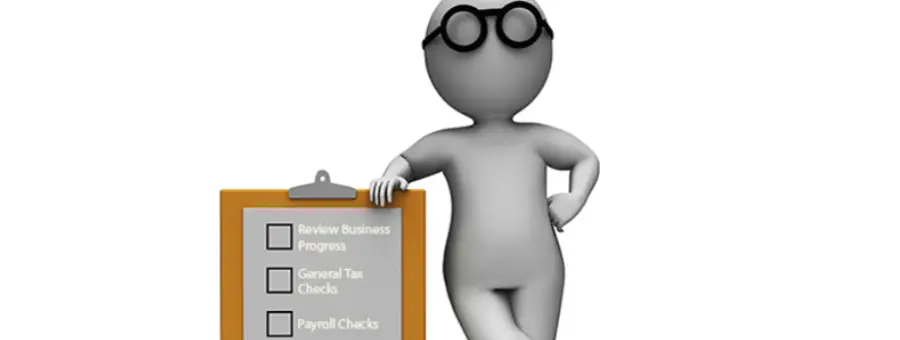
CATEGORY: Organisational Success, People and Performance
Trust is “being able to have a confident expectation of something”. Trust is at the core of success, giving people the ability to rely on others, what they say and what they are likely to do. Without trust people have to second guess, will hesitate, may not act or may not act productively. Trust makes people feel good and is a cornerstone of building a high performance culture.
How to build trust
- Trust is a direct result of one’s own behaviours. That makes it both simple (in that our behaviours are completely under our control) and difficult (in that it’s challenging to consistently display the required behaviours). Whilst it’s a side point, it’s important to distinguish between simple and difficult. Simple means that we actually know what to do and pretty much how to do it. But that doesn’t make it easy to do. Many, if not most, of the key success behaviours are difficult to carry out … they require self discipline, learning, persistence, getting out of habits. If we don’t make the distinction between simple and difficult, between knowing what to do and the difficulty of doing it, we can put up the excuse that “it’s easier said than done” and leave it there. That doesn’t work.
- Do what you say you will do, so people can rely on your words, your communications.
- Do what you know you should do, so others don’t have to second guess your behaviours.
- Tell the truth. It seems almost ridiculous to make this point and it’s not really about people telling lies; it’s about being upfront, open and honest, so that others know that what you say can be relied upon. Honesty is not just about what you do say but also what you don’t say … withholding important information or failing to inform downgrades the honesty. It’s about being open and honest.
- Keep confidentiality and privacy. This is not a contradiction to openness in communication. It’s easy to make plain that certain areas of discussion cannot occur due to them being confidential or private. That engenders trust. Keeping things confidential without making clear that’s what you need to do can, sometimes, be harmful, so put it out there.
- Some conversations are best held privately, to respect others. This can be the case when taking others to task, seeking clarification if the issue is sensitive, giving advice that is specific to the person or issuing a challenge.
- Admit mistakes. Taking responsibility for what you get wrong is honest, accountable and demonstrates fine leadership.
- Admit when you ‘don’t know’. Pretending that you know all the answers is silly, misleading, will lead to mistakes and certainly will reduce others’ trust in you.
- Show that you learn from others. Apart from leading others to do the same, it again displays your willingness to be upfront.
- Display your fallibility. Too many leaders think and act as though they should be infallible … that just makes it too difficult for others to follow and it is destined to fail because it isn’t real. Trust grows by showing you’re human imperfections but continuing your quest to overcome them.
- Speak from your heart (sometimes) and not just your head. If all your communication is what you think, rather than also what you feel, people can be left feeling ‘where is the real you?’. People want to trust people, so be a person, not just a professional colleague who gives intellectual commentary.
- Be inclusive of others, including asking questions, hearing and considering the responses. People trust those who include them.
- “I don’t care what you know until I know that you care”. Genuinely care about others and demonstrate it. False caring will break trust and most people are perceptive to the genuineness of interactions. “How was your weekend?” “How are you?” asked sincerely engenders trust … asking such questions without genuinely caring about the answers will reduce trust.
- Be fair and be seen to be fair. Fairness is a value rated highly by most people so it has to exist and be demonstrated. But, if a leader has to act in what might appear to be an unfair way, then be upfront about it and explain the rationale. At least then those around the situation will see it for what it is; they may not like it, but they won’t distrust the act.
- Make your behaviours consistent. People can trust that because they see your behaviours are based on a platform. Unpredictable behaviours are ok providing they don’t contradict the behavioural platform you have established.
- Make sure you have agreed expectations with others and don’t risk that you expect one thing and others expect something different. That will confuse and reduce the level of trust. Be upfront and deal with the expectations at the outset.
Some people will give trust to others quickly; they will see it as a logical thing to do. However, others will take time to give trust and it will have to be built up, and that’s ok. But trust can be reduced (even destroyed) in an instant, by a disrespectful act, abuse, dishonesty or any other untrustworthy behaviour. That’s the bad news so its our ongoing behaviours that we must rely on.
There are at least four trust thieves in our professional lives:
- Too busy to exhibit the required trustworthy behaviours. That’s just an excuse and has to be avoided at all times.
- Not liking someone. That’s a natural part of life but cannot be allowed to intrude into our behaviours.
- Being under pressure and therefore dropping our guard behaviourally. That will not only reduce trust but sets a poor leadership example as well.
- Using the excuse that trust is difficult to build up or takes time and therefore not actually bothering to do what it takes.
Trust is simple (in knowing what to do and how to do it), important and difficult to engender for the long term. The challenge is significant and well worth it in the end. Engaging the required behaviours is also a wonderful way to self develop.
Previous Newsletter Articles
Business Tips
HR Information
Contact Us
1300 022 270
enquiries@myabbs.com.au






